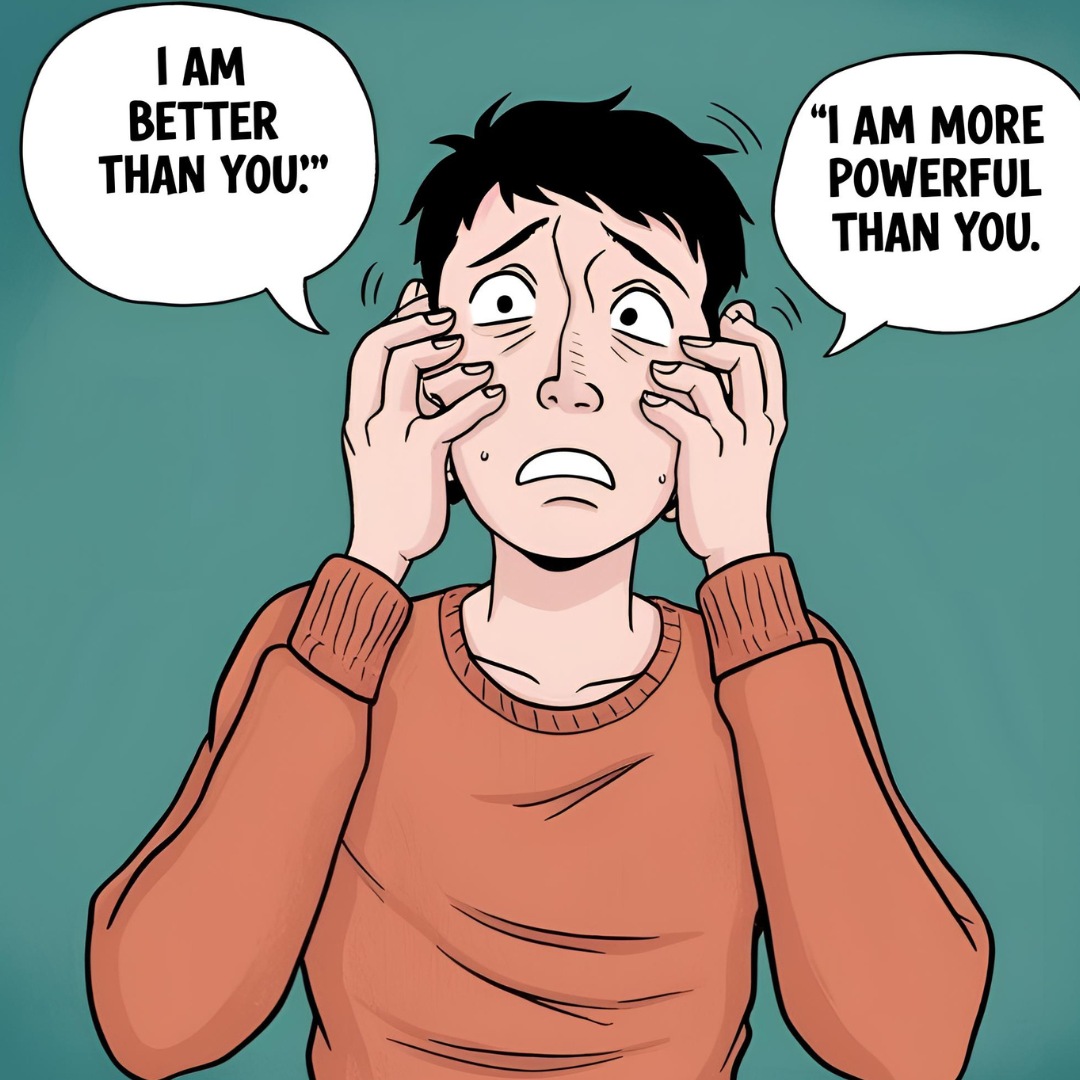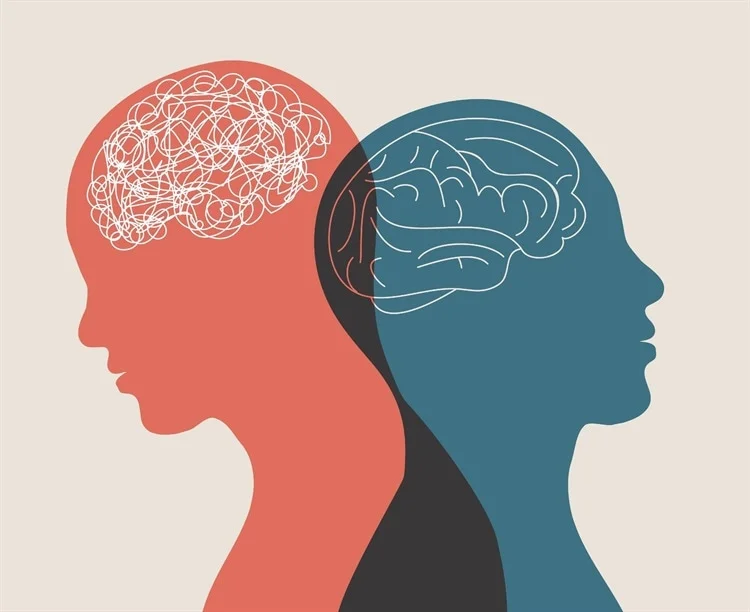-

Healing from Within: Integrating Mind and Body for BPD Recovery
•
The lives of persons who suffer from borderline personality disorder (BPD) and their loved ones can be upended by what can seem like an unrelenting storm. BPD is characterised by emotional instability, erratic relationships, and a crippling fear of being abandoned. But there is hope for BPD recovery, and it begins on the inside. Balance, […]
-

Revitalize Your Creativity: Real-Life Strategies for a Creative Reboot
•
Creativity isn’t a finite resource; it ebbs and flows, shaped by the influences we invite into our lives and the practices we nurture. At times, reigniting that spark calls for a fresh approach—an openness to explore, reconnect, and reimagine. This guide explores a variety of ways to breathe new life into your creative pursuits, both […]
-

BPD Symptoms: Is There a Place for Psychosis?
•
Psychosis is a broad concept which refers to the experience of losing touch with reality, through symptoms such as hallucinations or delusions. Historically, the existence of psychosis within BPD symptoms has been debated, with only the most recent version of the ICD (America’s official diagnostic manual) including psychoses as part of the listed criteria [1].
-

The Impact of Artificial Vertical Gardens and Green Walls on Mental Health in Public Spaces
•
In this post, we’ll explore three key psychological concepts that help us better balance our emotions.
-

How to Cope with a Depression Relapse
•
Here are 8 tips to help you cope with a depression relapse and get back on track. Living with depression? You’re not alone.
-

I Don’t Have BPD; I’m Autistic (In Their Words)
•
Autism or BPD? Autism or BPD? As a follow-up on my previous autism-related pieces (e.g., here), I would like to briefly cover my autism assessment results. I guess this run-down also acts as a follow-up on my prior personality disorder writing – and pretty much all the mental health content. While sharing this is immensely […]
-

Top 30 Q+A’s To Help Loved Ones Understand BPD
•
Answers to the Top 30 questions searched online that can help a loved one, friend, mentor or coworker better understand BPD.
-

Decoding Stress: A Roadmap to Finding Balance and Wellness
•
Stress silently weaves its way through the fabric of our lives, often going unnoticed until it manifests in our health and happiness. It’s an invisible force that can shape our days and determine our moods, yet its subtle buildup makes it challenging to confront. Recognizing the triggers and understanding the personal impact of stress is […]
-

5 Strategies to Overcome and Prevent Anxiety Attacks
•
Anxiety is a common mental health condition affecting millions of people worldwide. It often manifests as excessive worry or fear, and in extreme cases, it can lead to debilitating panic attacks. However, with the right strategies and techniques, it is possible to manage anxiety and prevent these attacks. In this article on BPD Beautiful, we […]
-

A Brief History of Borderline Personality Disorder’s Name
•
This article was originally published on Psychreg. The term “borderline personality disorder” (BPD) is interesting in psych nomenclature. Usually, psychosocial illnesses are named after their most prominent symptoms. For example, bipolar disorder (formerly, manic depression) refers to the “two poles” of mania and depression. Many medical conditions have carried different labels throughout history; even now, […]
-

75 Ideas for a DIY Depression Care Package
•
Build a Care Package for Someone with Depression I’m Sarah Rose — the woman behind BPD Beautiful, a BPD recovery blog that aims to spread BPD awareness and assist others in understanding those living with BPD. This post features product ideas for a DIY depression care package for either your loved one with depression, a […]
-

I Think I Have BPD, Now What?
•
“Do I Have Borderline Personality Disorder?” You’ve stumbled upon a post about borderline personality disorder, or you heard about BPD in a movie. Maybe someone you know has it, someone very similar to you. Whatever the case may be, you’ve searched ‘do I have BPD?’ or ‘I think I have borderline personality disorder’ and now […]

